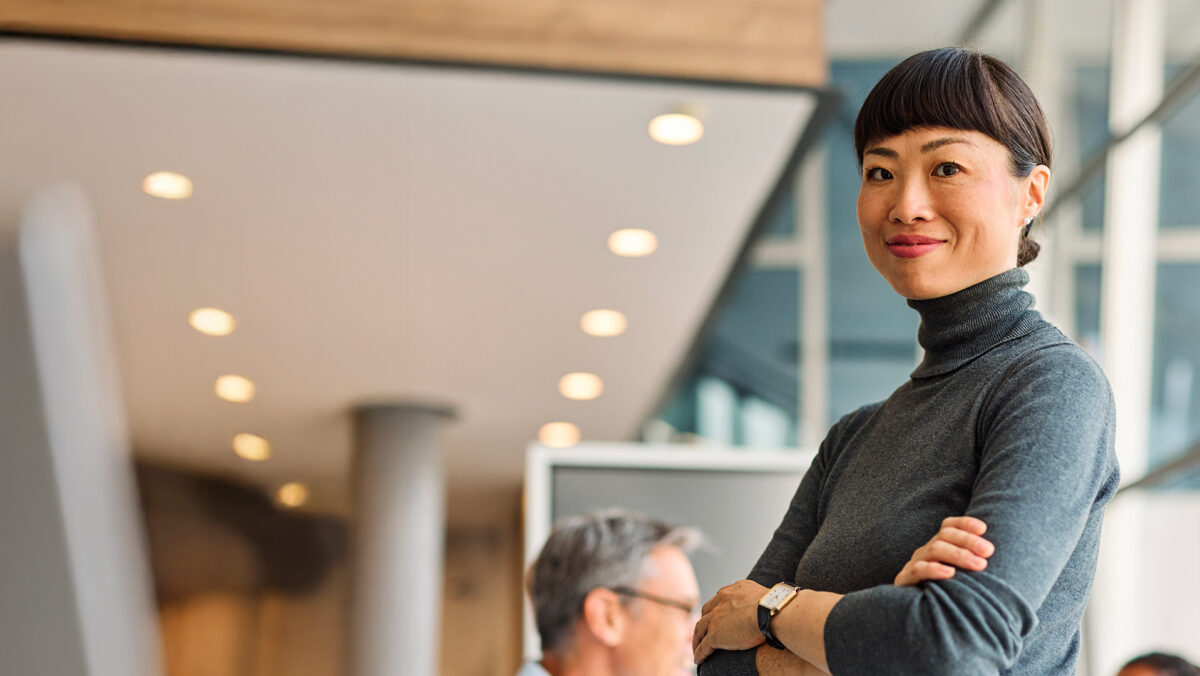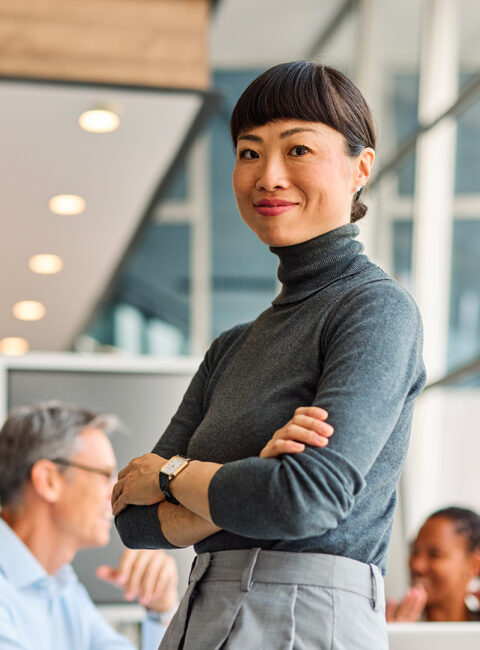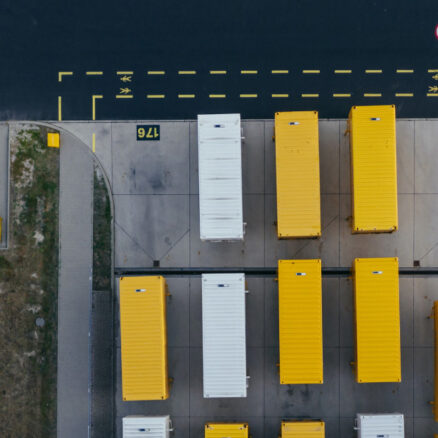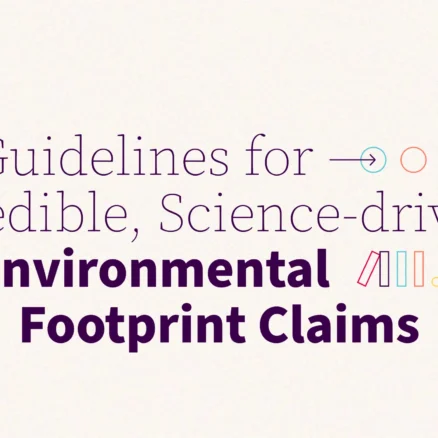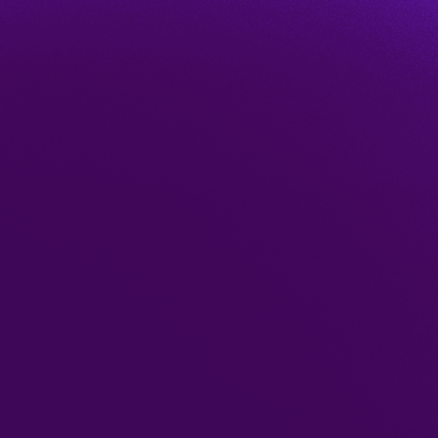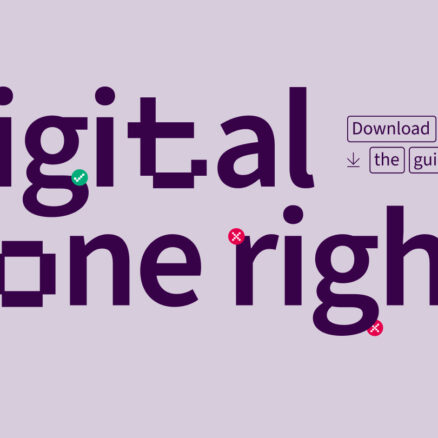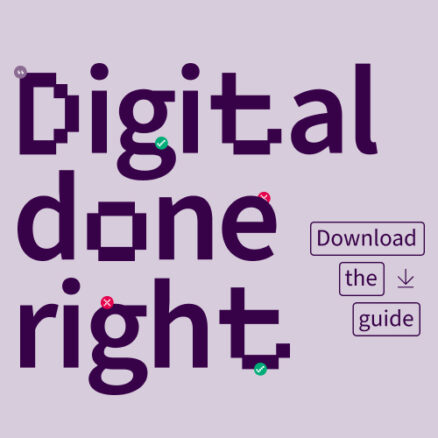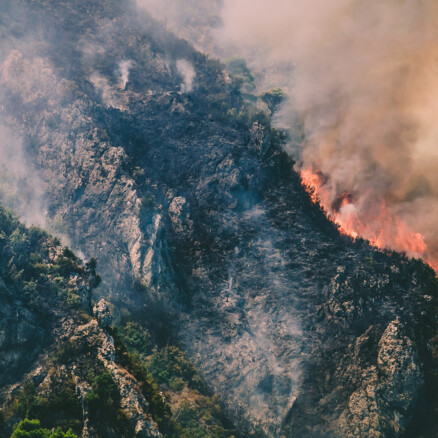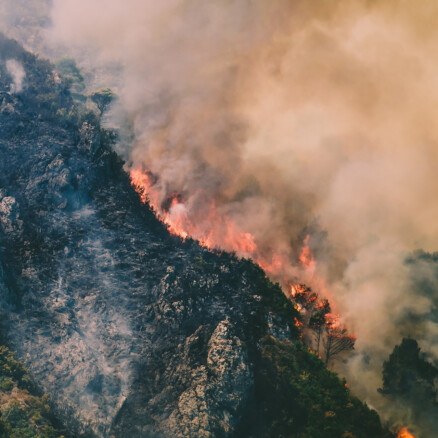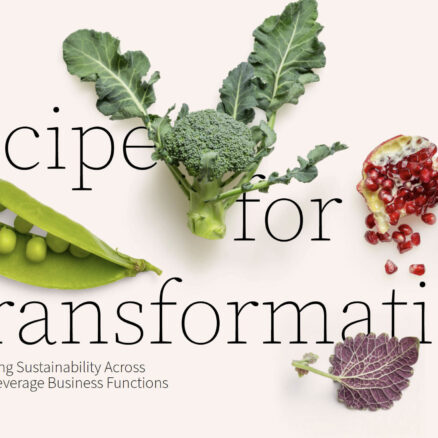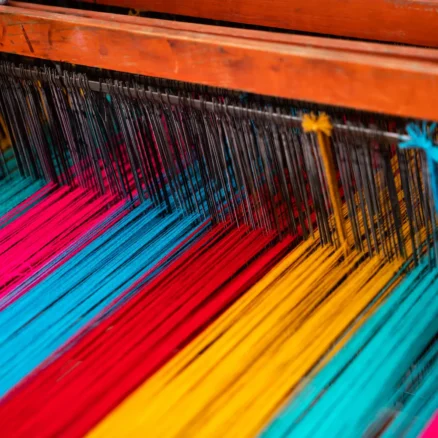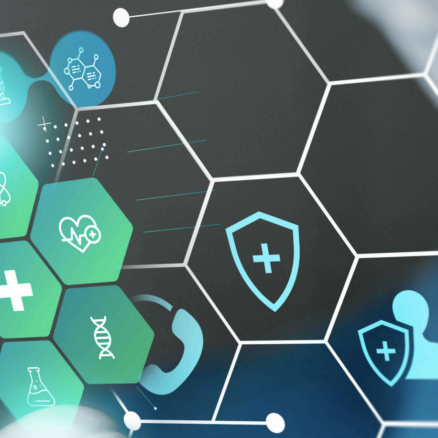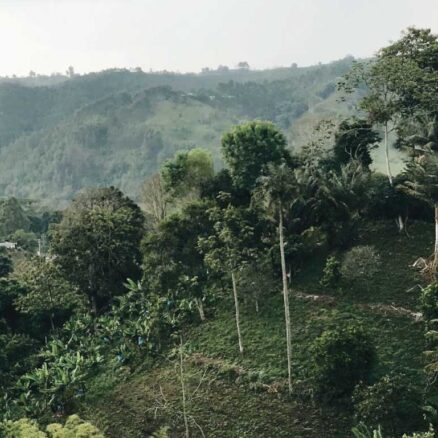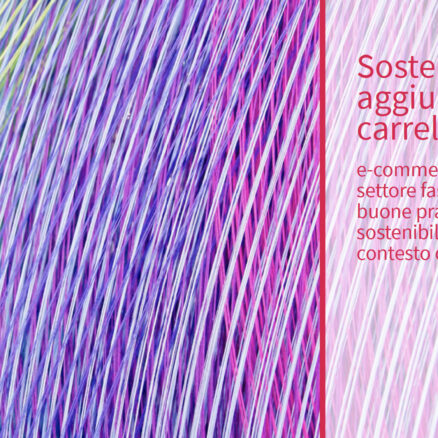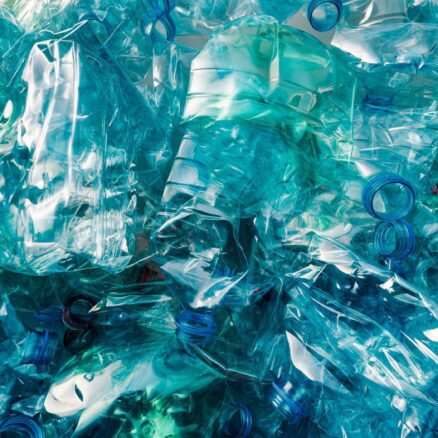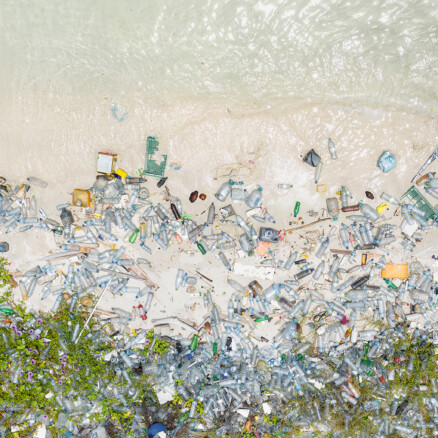Quali progressi nella catena di fornitura? Misurateli con noi!
Scoprite il nostro nuovo Report web-based, dedicato in particolare al settore F&B, ma utile a tutte le industry!Linee guida Quantis per green claim solidi, credibili, science-driven
Linee guida Quantis: pensate per aiutare le aziende B2B e B2C a comunicare con credibilità ed evitare il greenwashing.Il digitale fatto bene: guida alla digitalizzazione della sostenibilità
Scoprite come fare leva sulla trasformazione digitale per avanzare negli obiettivi di sostenibilitàLa capacità di adattamento al cambiamento climatico può rappresentare oggi un vantaggio competitivo fondamentale.
Mentre molte organizzazioni hanno fatto passi avanti nella riduzione delle emissioni, molte meno hanno dato priorità all'adattamento al clima, un fattore critico per…Recipe for Transformation
Scoprite la trasformazione sostenibile del settore F&B nel nostro nuovo Report.Sustainable Raw Materials Will Drive Profitability for Fashion and Apparel Brands
In un contesto regolatorio di rapido cambiamento, questo report risponde all'esigenza dei Brand di costruire una strategia solida per la scelta delle materie prime per il…Sostenibilità in sanità: in quale direzione si stanno muovendo le aziende?
Sostenibilità ed Healthcare: quale lo stato dell'arte in Italia? Scopritelo scaricando la ricerca dedicata.Contabilizzare in modo credibile il sequestro di carbonio nei sistemi colturali perenni
Scoprite la nuova metodologia creata in collaborazione con Cool Farm Alliance, che fornisce un quadro per il sequestro del carbonio nei sistemi di coltivazione perenni.Sostenibilità: aggiungi al carrello / Sustainability: add to cart
e-commerce nel settore fashion in Italia: buone prassi di sostenibilità nel contesto omnicanale Quello dell’e-commerce è uno dei canali più̀ dinamici e in più̀…Linee guida per la gestione aziendale della plastica
Quantis e i suoi partner hanno collaborato allo sviluppo delle Linee guida per la gestione responsabile della plastica da parte delle imprese, che forniscono alle aziende…Make Up the Future: The Quantis Cosmetics Report
Scoprite nell’edizione italiana del report Make Up the Future Report.Linee guida del progetto Plastic Leak
Le Linee guida PLP spostano la conversazione sulle materie plastiche dalla gestione delle crisi alla risoluzione dei problemi basata sulle metriche per alimentare un…
